Vision
With the arrival of the fourth Industrial Revolution, our society and the way we work and live will be reshaped radically. Engineering designers need to cope with new challenges in product and system design. Massive amounts of data are generated by humans and machines from which valuable insights can be extracted to support design and manufacturing processes. Smart products tend to work collectively rather than in isolation. Design methods for simple products may not work for the design of complex products or systems. Therefore, innovative theory and methods adapted to the design, manufacturing and operating of next-generation products and systems are needed. The vision for the DIDIS Lab is to develop data-driven and simulation-based approaches to support innovative design, manufacturing and operation under connectivity and complexity by integrating methods rooted in design optimization, data science, and systems engineering.
Major Areas
- Data-driven Design for Market Systems (面向市场的数据驱动设计)
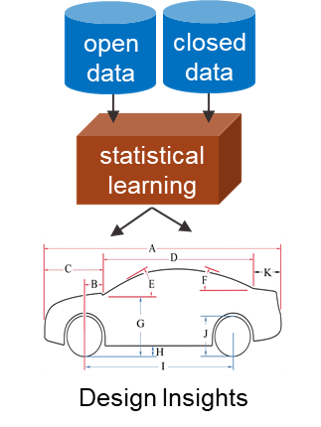
Develop data-driven approaches to support innovative product design in a highly competitive market, including what data should be collected, how to collect and utilize them, and how to validate these approaches. Key techniques involved include natural language processing, ontology engineering, domain knowledge-based machine learning and multi-objective optimization. Potential applications of this research include user-centered design for electric vehicles, consumer electronics, etc.
- Multi-agent Systems (多智能体系统)
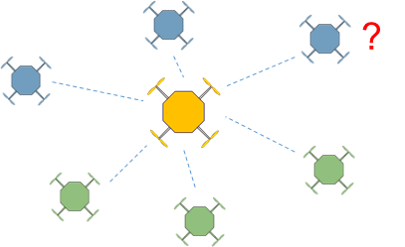
Develop simulation-based and learning-based approaches to support the the motion planning, collaboration and task assignment in multi-agent systems. Key techniques involved include system simulation, agent-based modeling, reinforcement learning, transfer learning, imitation learning, etc. Potential applications of this research include the control of swarm drones, automatic guided vehicles (AGVs) used in logistics system, and industrial robotic system, etc.
- Smart Manufacturing (智能制造):
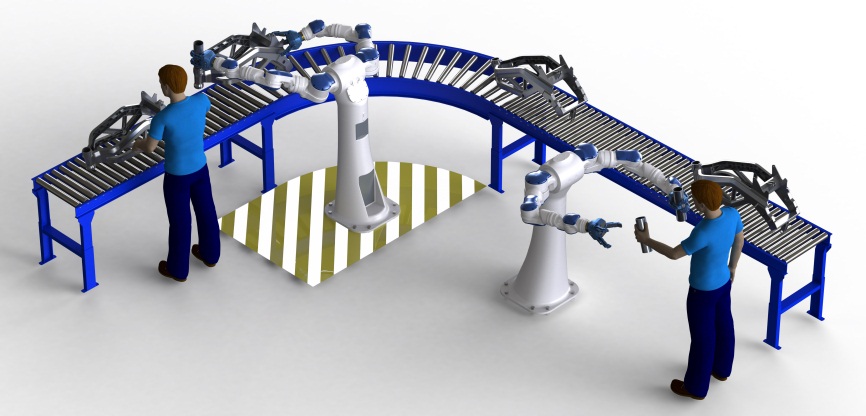
Develop algorithms, methods and devices to support the information perception and decision-making in smart manufacturing. Related topics include digital twin, computer vision and robot motion planning.
Current Research Projects
1. Identification and Grouping of Customer Needs Based on Multi-source Text Mining And Graph Computing 
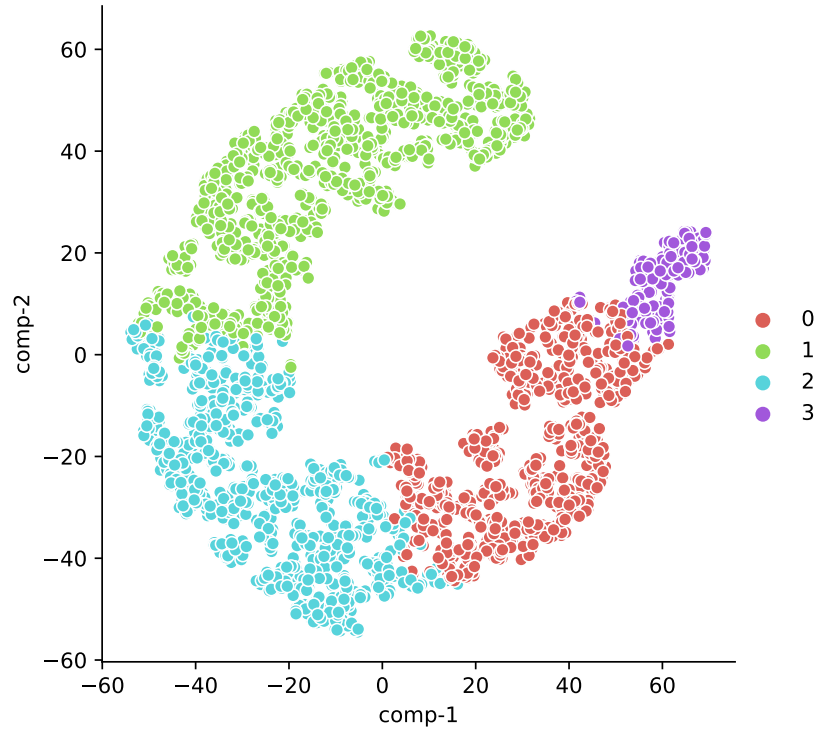
- Use statistical analysis, machine learning and text mining methods to extract key features from car maintenance data and online reviews, build segmentation models for car customers.
- Investigate optimal product design methods based sentiment network of online reviewers and graph embedding.
2. Optimal Task Dispatch and Path Planning in Multi-AGV Systems
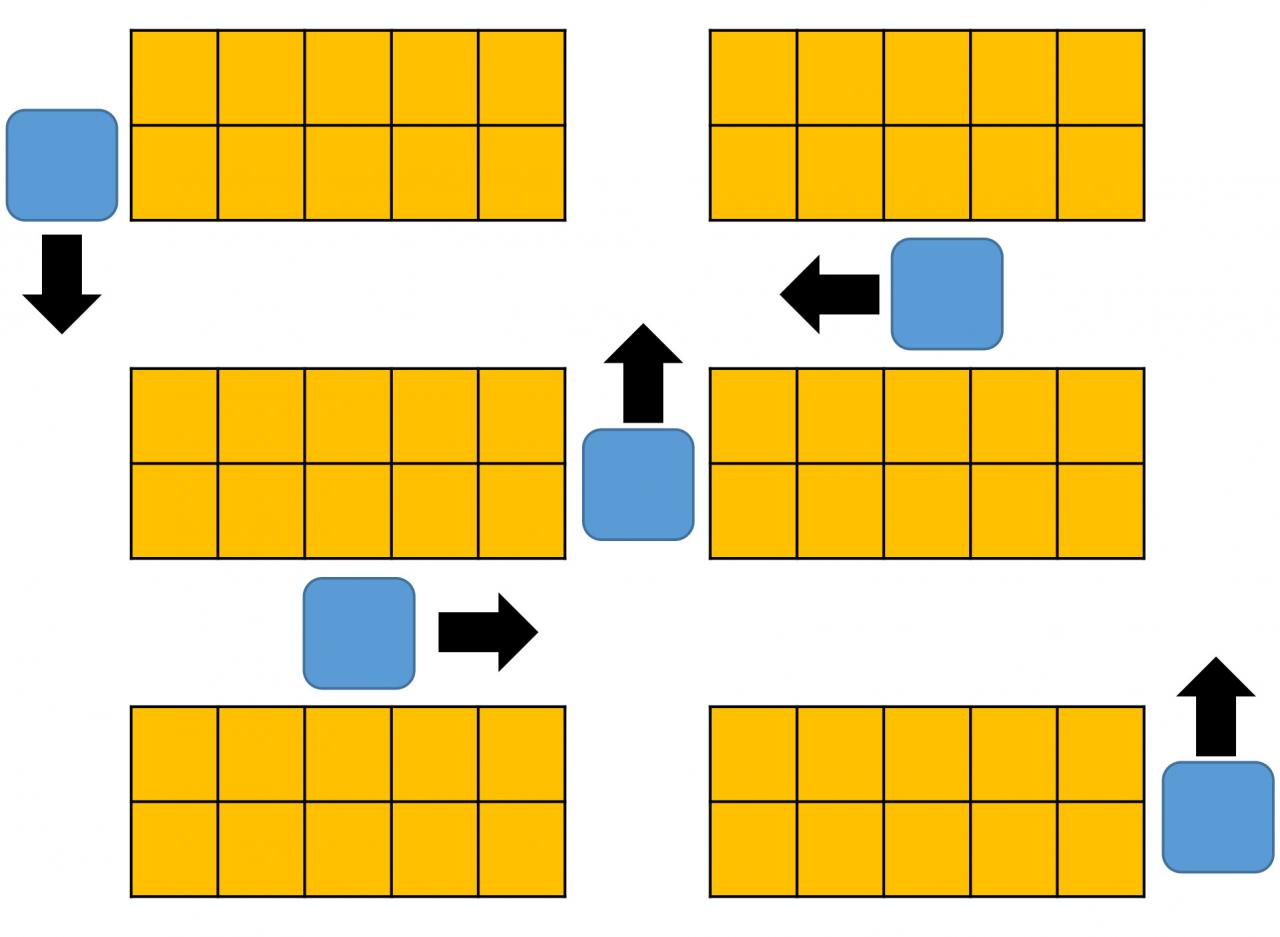
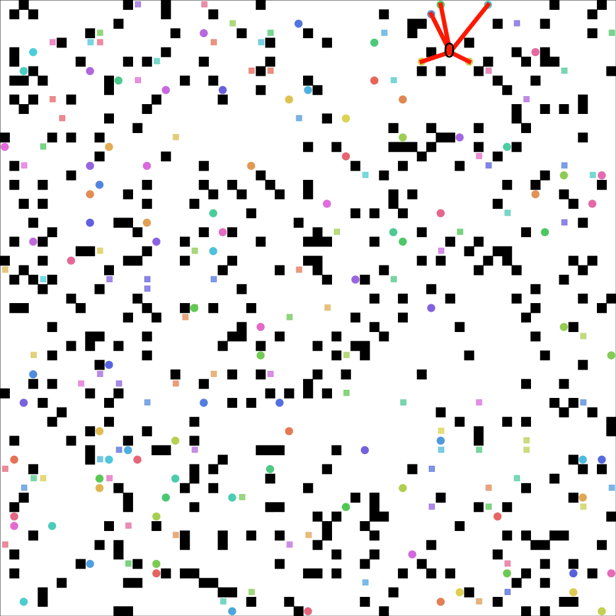
- Investigate efficient methods for optimal task dispatch and path planning in multi-AGV systems.
- Explore the use of reinforcement learning and transfer learning in control of multi-agent systems.
3. Robot Motion Planning for Dynamic Environment and Human-Robot Interaction
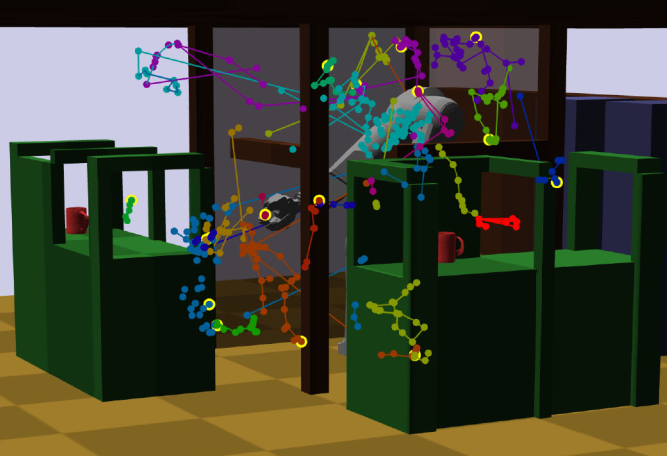
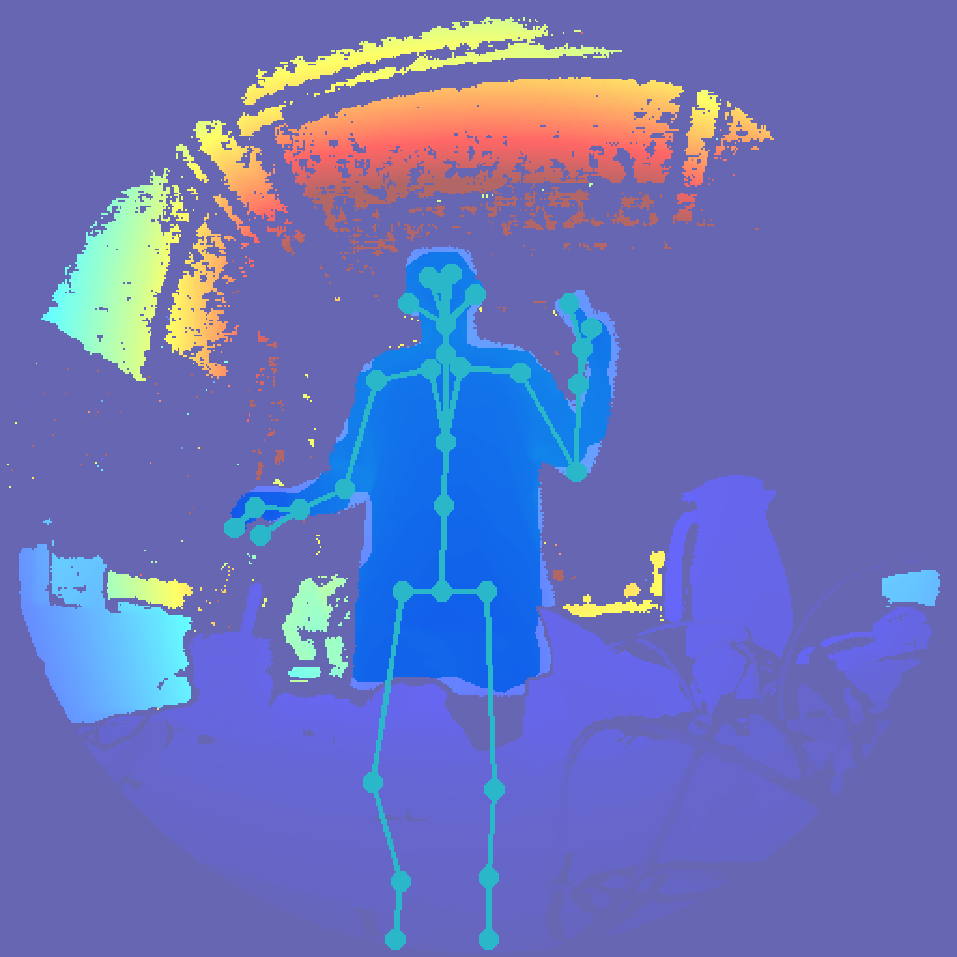
- Develop motion planning methods for robots in complex, dynamic and uncertain environments.
- Explore efficient control methods for human-robot interaction and multi-robot collaboration.